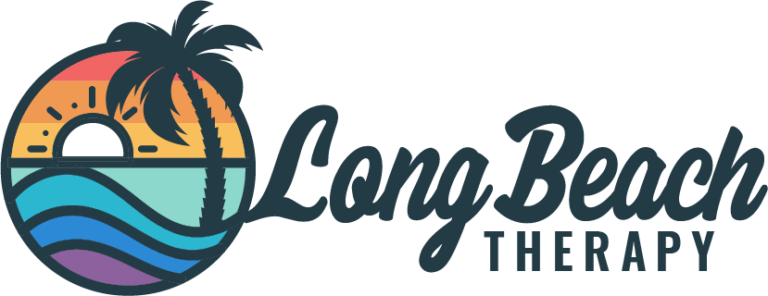How do I overcome COVID anxiety? Written by a licensed therapist in Long Beach.
When COVID numbers start declining and it seems safe to start venturing out of the house more, many people who have never even struggled with social anxiety in their lives will have issues with it. People who have already lived with anxiety in their life may see their anxiety get worse. This could happen for many reasons.
1. Many people haven’t been inside with another person (other than their immediate family) in almost 6 months. Once it is deemed to be safe, going into another person’s home and inviting people into your own home is likely to increase anxiety. After you have trained your body to stay outside in social situations because being inside isn’t safe, it is going to be a training process to teach your body that it is okay again.
2. Many people haven’t been in groups of more than 5-10 people, so when you are invited to your first get together (when it is safe to do so), your brain is likely to be on high alert and warn you that this isn’t supposed to be safe. This is you’re your body/brain trying to help you by using information it has stored re: what is safe and what isn’t. It is important to get back to normal slowly so you aren’t going faster than your body is ready for.
3. Many people’s coping mechanisms have been stripped from them for the last 6 months. Now they are trying to go do those things and get the same relaxing response as they used to. It is important to give yourself some time to adjust. Things like window shopping at the mall, going to work out, going to the movies, going out to your favorite restaurant, going to listen to music, and/or going out of town for vacation to reduce stress may likely increase your stress when you are just starting out. Being hyper aware of anyone who is sneezing, coughing or getting too close will take away from your relaxing experience. Make sure to go slowly.
4. For people who haven’t left the house, changing into regular clothes (which may or may not fit with the added COVID weight many people have put on) could bring up uneasy or anxious feelings. Consider taking a dry run. Try on your clothes a week before and make sure you have things that fit and that you feel comfortable with. If not, you have time to get new clothes. If you haven’t driven in a while, take a test drive to wherever you are going. These are examples of starting off slow.
What am I supposed to do to help my COVID anxiety?
1. Don’t try to trick yourself or lie to yourself. Don’t expand your comfort zone until scientists have said it is safe to do so in your area. You can try to talk yourself into “knowing” that you are safe all you want, but if you are lying to yourself, your internal lie detector will alert you of this. This internal alert system is known to many people as anxiety.
2. Make sure you are prepared with a mask, hand sanitizer, and anything else that might help you feel like you have some control and safety. Even when things get to the point where scientists say masks aren’t necessary, it is still okay for you to choose to wear a mask or carry a mask with you if it makes you feel safer.
3. Take little steps. Don’t go from not leaving the house for 6 months to going to a mall or hopping on a plane out of town. Start with outside activities and slowly train your system to recognize that things are safe. It took a while for your brain to get used to this reality, it is going to take some time to train your brain that it is now okay to venture out.
4. Journal. Write about your thoughts, feelings and experiences to reflect on your fear, anxiety, excitement, etc.
5. Talk to a close friend who can relate. Perhaps you can venture out together or they can give you tips on what they plan on doing to decrease anxiety.
6. Set up an appointment with a therapist to learn techniques to reduce your anxiety and develop a plan that you can move forward with.
Click here to read more about how anxiety is (theoretically) part of your immune system which is trying to protect you.
DISCLAIMER: I am a Licensed Marriage and Family Therapist in Long Beach, California. I am not a medical doctor, did not go to med-school and I am not scientist and I am not implying when you should be venturing out with or without a mask in any situation. You should be consulting with your local health department, your medical doctor and listening to scientists about the right time to do any of these things.
